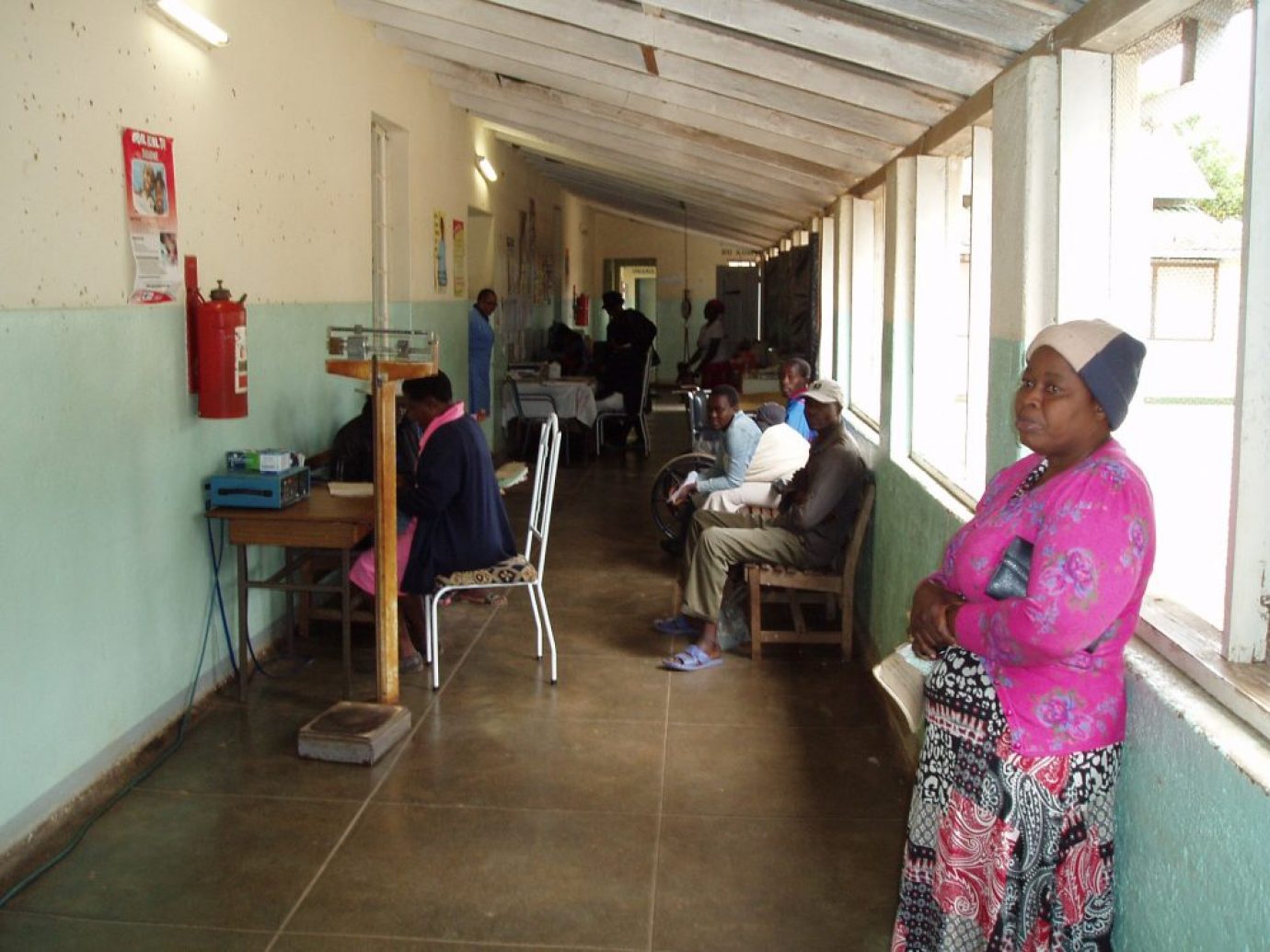Tele-audiology services for patients on treatment for multidrug-resistant TB
Between 1995 and 2008 there was a twelve-fold increase in the prevalence of multidrug-resistant tuberculosis (MDR-TB) among new TB cases in Botswana. About a hundred cases of MDR-TB are notified annually. This means that the health services are dealing with a growing number of patients with forms of TB that are more complicated and much more expensive to treat than drug-sensitive TB.
Another challenge for the health services in Botswana is how to manage the side-effects that patients suffer during and after treatment for MDR-TB.
About 67 percent of patients who are treated for MDR-TB in Botswana suffer from some degree of hearing loss. This is a side-effect of the drug regimen and related to the use of Aminoglycosides. This side-effect is not new, but it is serious because it is often irreversible. The hearing difficulties can be mitigated by adjusting the medication (dosage and frequency), but only if they are recognized early on during treatment. For some patients with complicated forms of TB an alternative drug regimen may be needed (see below).
Audiology screening
Until recently, MDR-TB patients could not routinely be offered audiology screening because an audiologist was not always on hand. Another constraint in giving appropriate support was that the necessary TB infection control measures were not in place in some health facilities, creating a risk of infection transmission to staff and other patients. Consequently, patients with MDR-TB were not receiving appropriate services or specialist support at the facilities closest to their homes.
Together with the National TB control Program, KNCV devised an innovation to deal with this. In collaboration with the Centers for Infectious Diseases (CDC) and other partners we supported the establishment of tele-audiology services throughout the country. After obtaining approval from the Ministry of Health and the MDR-TB Working Group we created a tele-audiology service named KUDU Wave. This included procuring an FDA-approved portable, mobile, and cost-efficient Clinical Diagnostic Audiometer.
Routine audiology testing services are now available to the patients, including baseline screening, follow-up testing and exit audiometry tests. Audiology screening takes place at the treatment site and the result is emailed to the audiologist at the main MDR-TB treatment site in Gaborone, who then interprets the test and gives feedback and advice. The vast majority of MDR-TB patients (over 95%) now receive audiology monitoring, and patients with hearing loss can now be identified well in time to be able to initiate meaningful remedial action. About 62 percent of the patients who were monitored were found to have developed some degree of hearing loss and were evaluated further. Patients confirmed by the audiologist to be affected with hearing loss are given support, including a hearing aid and sign language training. Thanks to KUDU Wave, people with MDR-TB now have easy and timely access to the services of an audiologist at any of the five MDR-TB treatment sites across Botswana.
There are still some challenges to overcome. These include a high rate of concomitant ear infection, especially among HIV positive patients, and organizational concerns, such as staff turnover, issues with calibration, and maintenance of the equipment. To ensure the project’s proper implementation and continued success, site mentoring and supportive supervision continue to be part of the technical assistance we provide under the Challenge TB project.
Introduction of new drugs for MDR-TB treatment
The introduction of new drugs for people with complicated HIV/MDR-TB, XDR-TB, and for people with chronic TB can provide the necessary alternative to the Aminoglycosides that have been reported to induce hearing loss. The National TB Program plans to introduce the new drug bedaquiline for drug-resistant TB patients with severe complications or with TB that is not responding to second-line treatment.
In 2016, technical training will be given on the use of bedaquiline, drug registration and pharmacovigilance.

